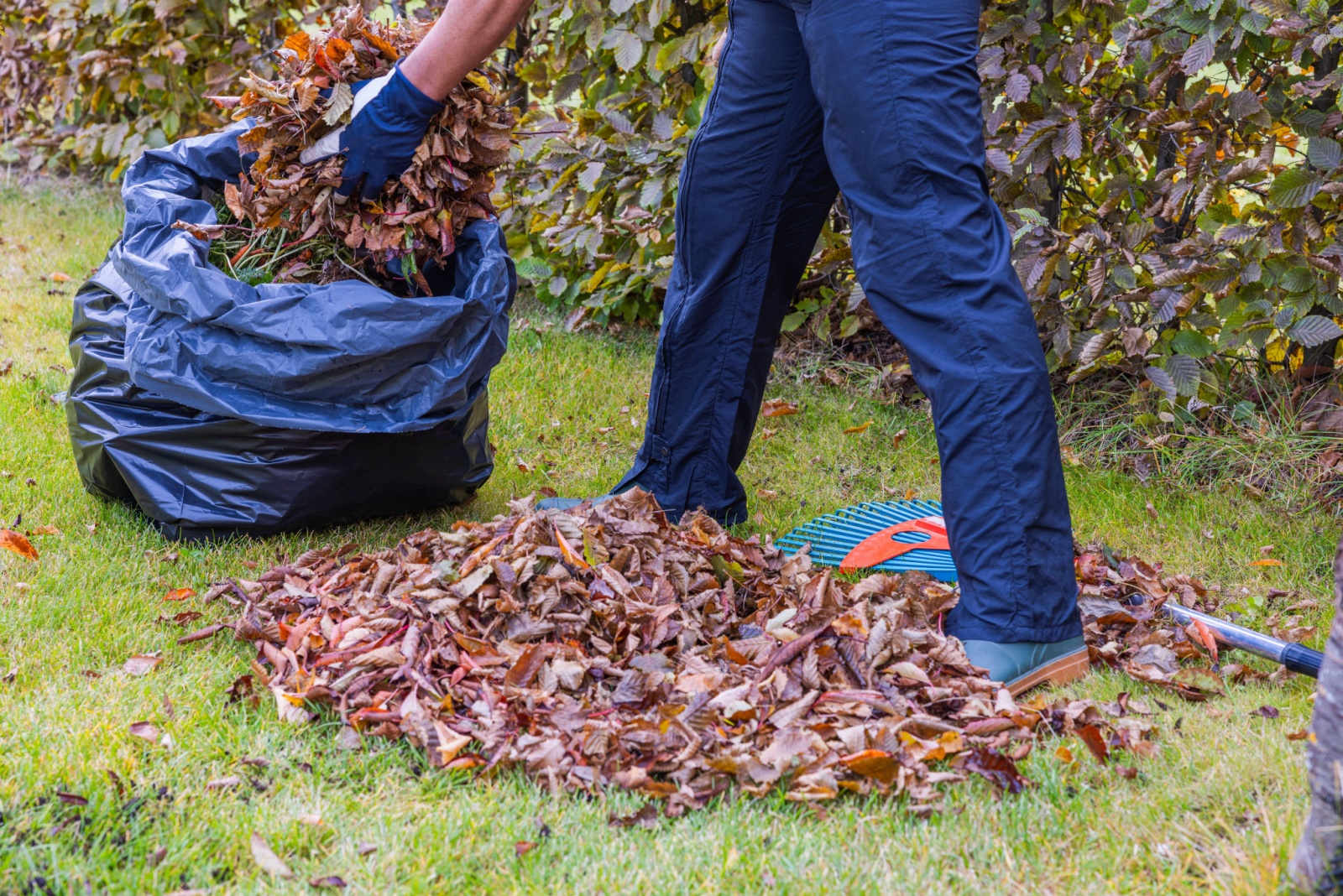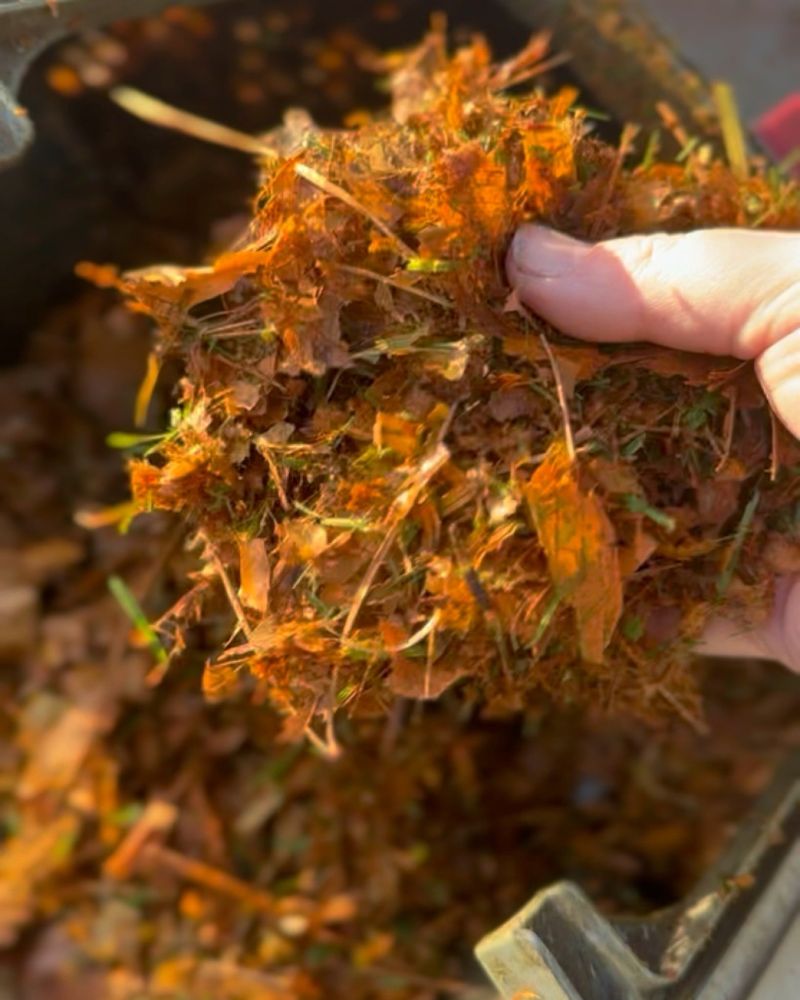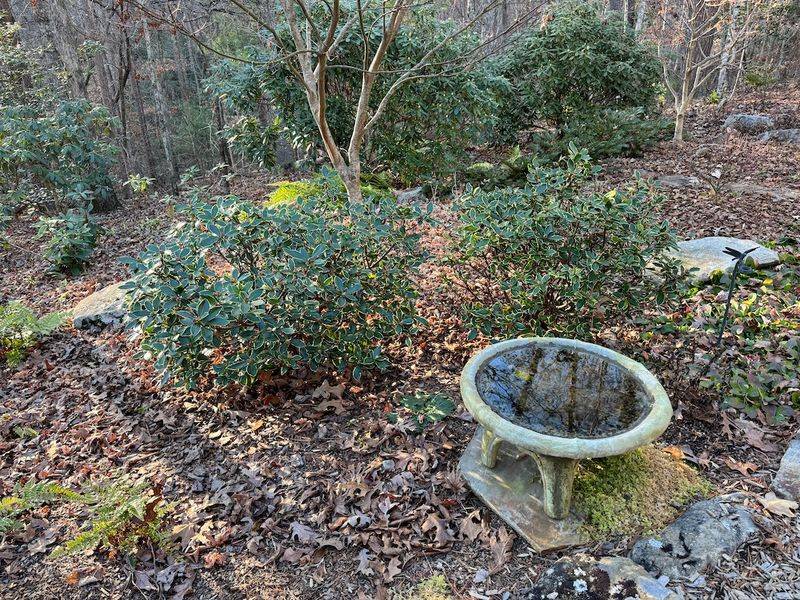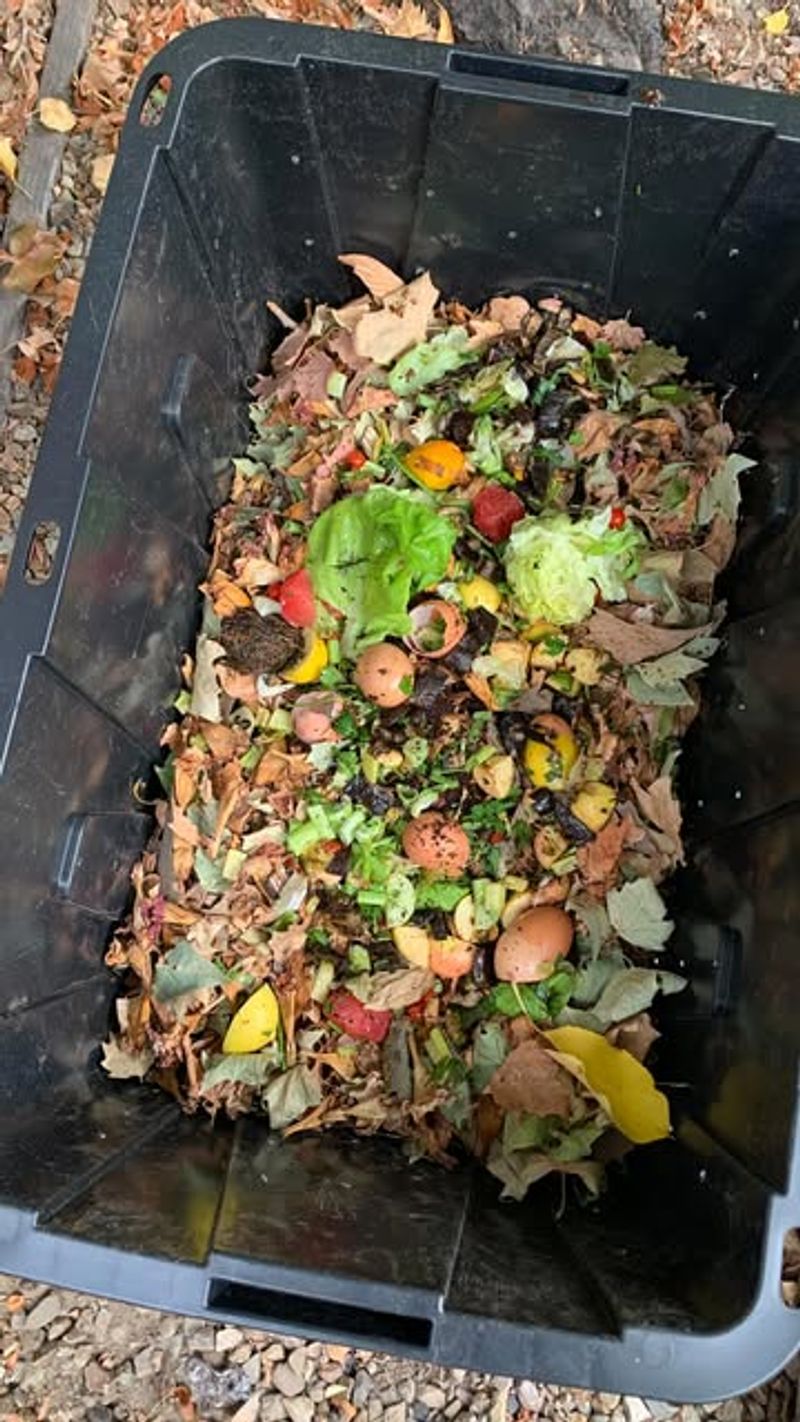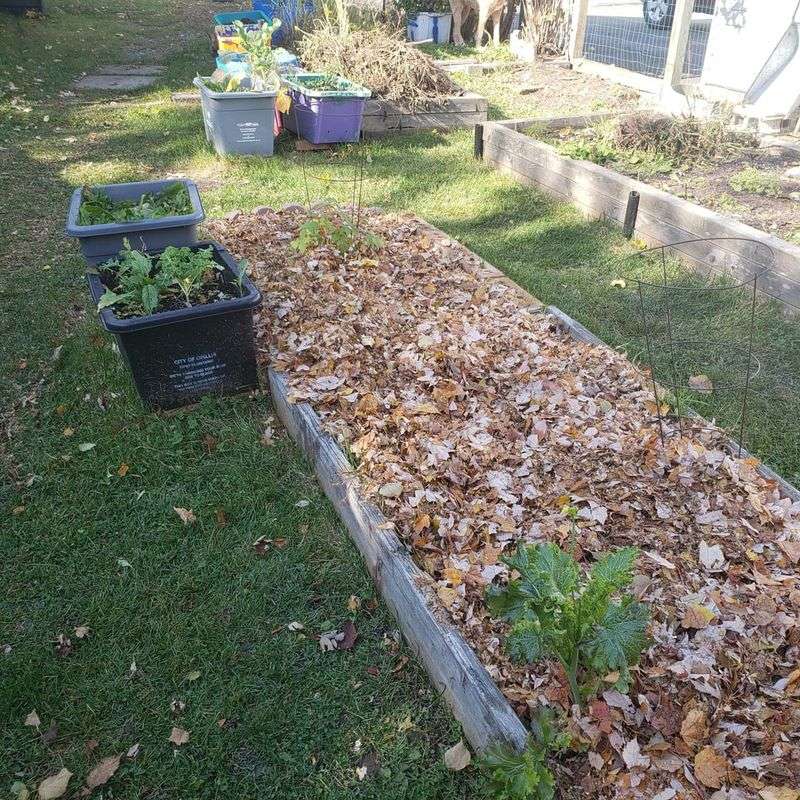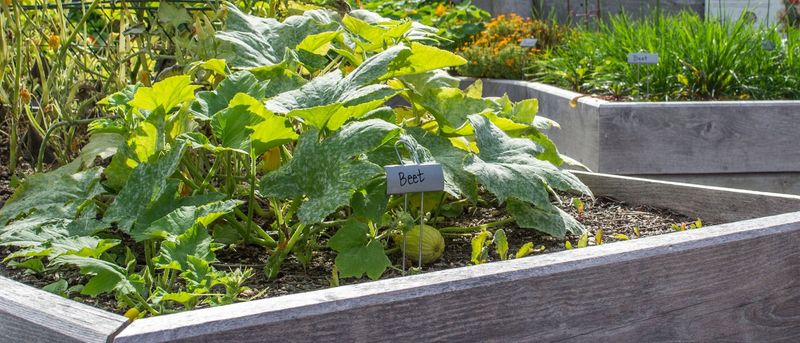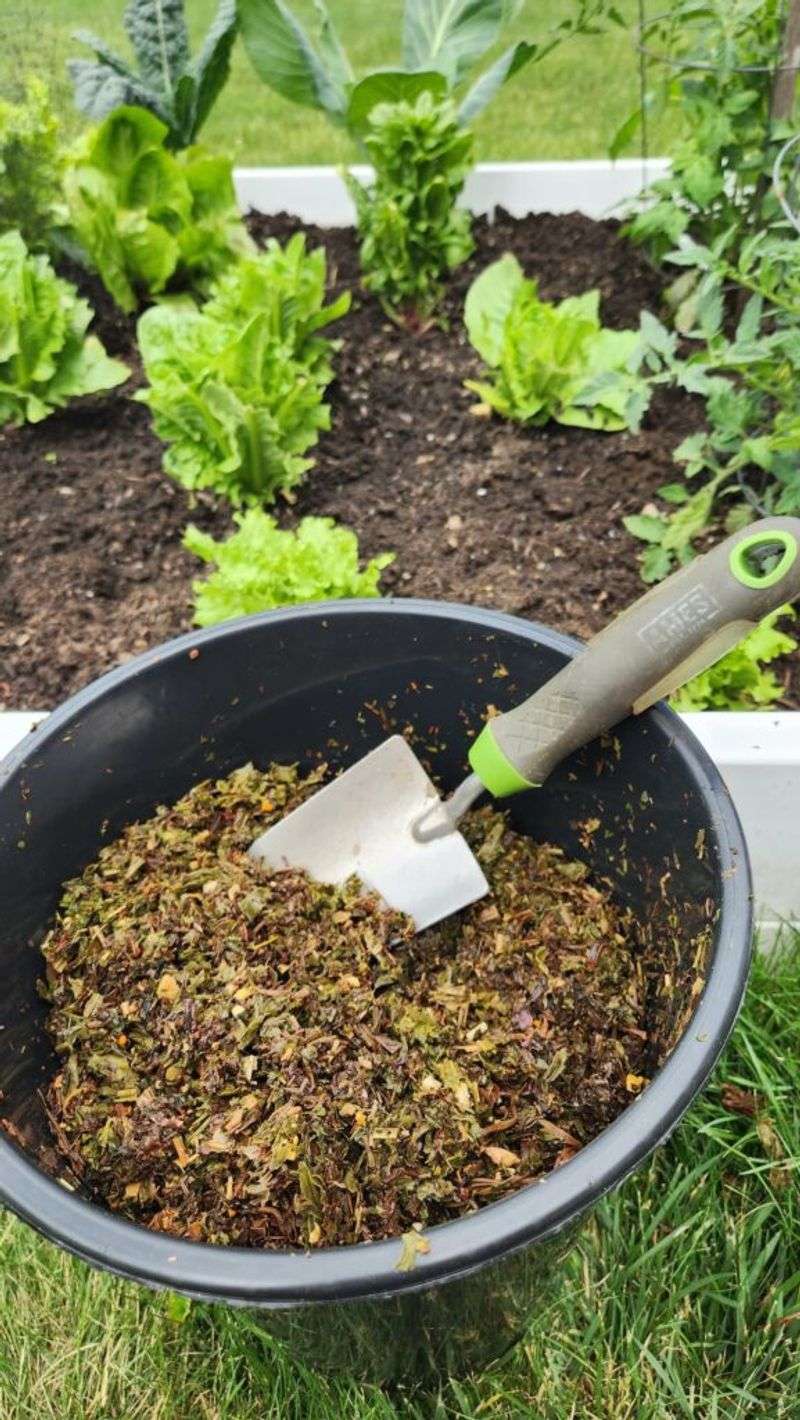Every fall, Michigan yards transform into seas of crisp, fallen leaves. Instead of bagging them up for the curb, smart gardeners know these leaves are actually free garden treasures waiting to be used.
The rich deciduous forests that blanket our state produce leaves packed with nutrients that can dramatically improve your soil. I still remember how surprised I was when my tomato harvest doubled after adding leaf compost to my garden beds.
Michigan’s cold winters and variable growing conditions make leaf recycling especially valuable for local gardeners. By repurposing what nature provides, you’ll save money on store-bought amendments while creating a more resilient garden ecosystem.
1. Make Nutrient-Rich Leaf Mold
Leaf mold might sound unappealing, but it’s actually gardening magic for Michigan’s often clay-heavy soils. Simply rake leaves into a pile in a back corner of your yard, dampen them, and let nature do the work.
The decomposition process takes about a year, but the resulting dark, crumbly material holds water like a sponge. This helps sandy soils retain moisture during our sometimes dry summers.
Unlike hot compost, leaf mold doesn’t need turning or precise green-to-brown ratios, making it the easiest soil amendment you’ll ever create.
2. Shield Perennials Through Winter
Michigan winters can be brutally cold, with freeze-thaw cycles that heave plants right out of the ground. Shredded leaves make the perfect insulating blanket for your perennial beds.
Wait until after the first hard frost, then apply a 3-4 inch layer around plants, keeping it slightly away from stems. The leaf layer moderates soil temperature and prevents frost heaving.
Come spring, you don’t even need to remove it all. Just rake aside the excess and let the rest break down naturally to feed your plants.
3. Boost Your Compost Power
Fallen leaves are carbon gold for Michigan composters who struggle to find enough “brown” materials in other seasons. Run your mower over dry leaves to shred them, then layer them with food scraps and green garden waste.
The smaller pieces break down faster and prevent the matting that can occur with whole leaves. For even quicker decomposition, mix in some finished compost as a starter.
By spring planting time, you’ll have rich, dark compost ready to fuel your vegetable garden through our relatively short growing season.
4. Create Free Mulch For Garden Beds
Store-bought mulch can get expensive when covering multiple garden beds. Shredded maple, oak, and beech leaves make excellent free mulch that suppresses weeds while slowly releasing nutrients.
For vegetable gardens, apply a 2-inch layer between rows after plants are established. The leaf mulch conserves soil moisture during Michigan’s unpredictable summer rainfall patterns.
Unlike wood mulch, leaf mulch won’t rob nitrogen from your soil as it breaks down, making it ideal for hungry crops like tomatoes and squash.
5. Build Lasagna Beds For Spring
Fall is the perfect time to build new garden beds using the lasagna gardening method so popular with Michigan gardeners. Start with a layer of cardboard, then alternate layers of fallen leaves with grass clippings or kitchen scraps.
The winter snow and spring thaw will compress and begin decomposing these materials. Our state’s freeze-thaw cycles actually help break down the layers faster than in milder climates.
By planting time, you’ll have a rich growing medium without having to dig into Michigan’s often challenging clay or rocky soils.
6. Brew Leaf Tea For Liquid Fertilizer
Michigan gardeners have a secret weapon sitting in those piles of maple, oak, and birch leaves scattered across their yards. Leaf tea is nature’s free liquid fertilizer! Simply fill a bucket one-third with leaves, add water, and let it steep for 3-4 days.
The resulting dark brew contains nitrogen, phosphorus, and minerals that plants crave. Dilute this concentrated tea until it looks like weak coffee before watering your houseplants or garden beds. Your tomatoes and peppers will thank you next summer!
For best results, collect leaves from different tree species. Oak leaves add tannins that help fight fungal issues, while maple leaves break down quickly to release nutrients faster. This garden hack works year-round if you store dried leaves in bags for winter brewing.

